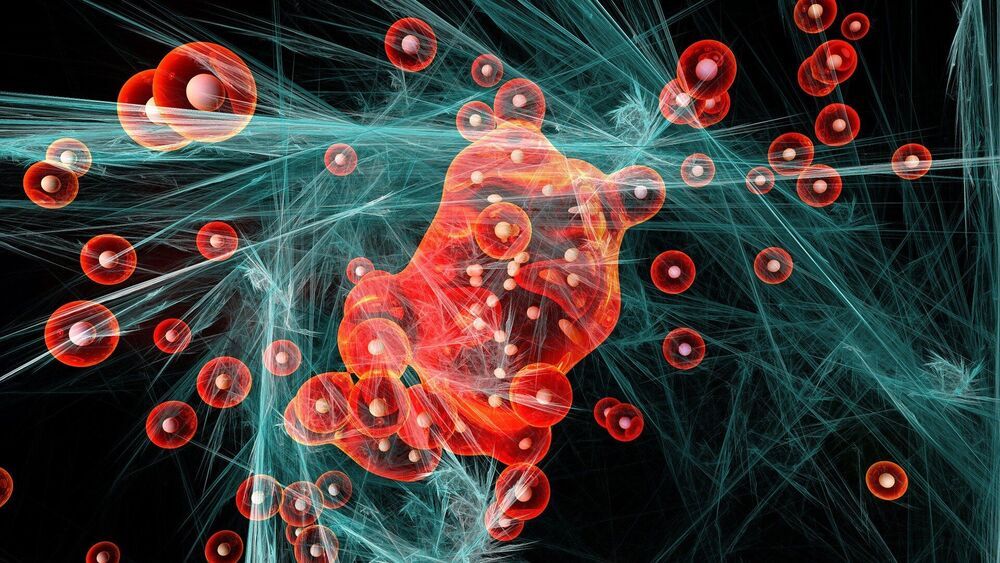There is also the fact that privacy crusader Max Schrems undercut Apple’s holier-than-thou privacy image last month when his digital rights group Noyb targeted the tech giant in Germany and Spain, claiming that Apple’s “Identifier for Advertisers” (IDFA) tracking ID, which is automatically generated on every iPhone during setup, allows Apple, app makers and ad networks to follow an individual user’s activities and use that data to show them ads targeted at their interests. Apple has said those claims are “factually inaccurate”.
Fundamentally though, the underlying message of Federighi’s keynote today was clear: Apple is not budging on its new privacy standards, they will come at the start of 2021, and it will play hardball with other tech giants if necessary, at least in certain markets.
Terms and conditions may not apply in China.®.







